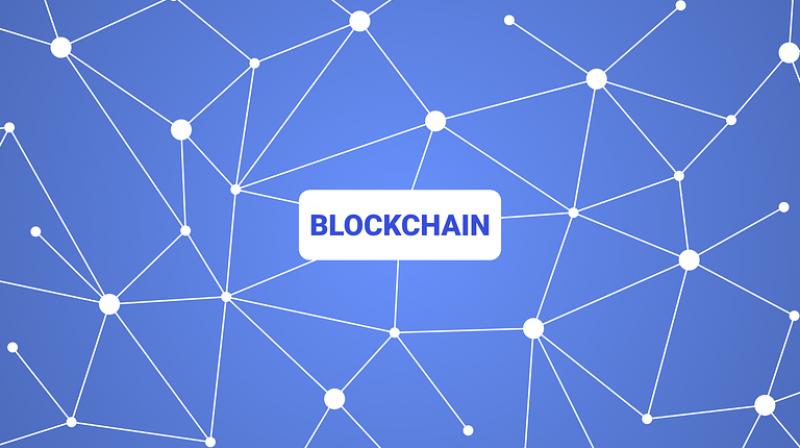Wooing investors, Rwanda hosts first tantalum-tracking blockchain
The project is the work of Circulor, a British start-up specialised in blockchain, and Power Resources Group.

Rwanda’s mining boss announced on Tuesday the world’s first blockchain project to track tantalum from the pit-face to the refinery, part of a push to woo investors seeking a conflict-free source of minerals.
The project is the work of Circulor, a British start-up specialised in blockchain, and Power Resources Group (PRG), which has mining and refining operations in Rwanda and Macedonia.
Francis Gatare, chief executive of Rwanda’s Mines, Petroleum and Gas Board, said it was vital for Rwanda to prove it was a conflict-free source of tantalum, used amongst other things in mobile phones, and other minerals.
“Blockchain is one of the technologies that has demonstrated capabilities of providing a more efficient and effective way of delivering traceability for commodities,” Gatare told Reuters.
The Rwandan government is seeking to harness its mineral wealth to boost its economy, still recovering from the genocide of 1994, when an estimated 800,000 ethnic Tutsis and moderate Hutus were killed in just 100 days.
It is also seeking to fight off allegations its resources are being blended with smuggled minerals that can be used to fuel conflict in the neighbouring Democratic Republic of Congo.
Ray Power, chief executive of Power Resources Group (PRG), said since he first came to Rwanda in 2015, he had heard constant “criticisms on traceability” for minerals.
Mining companies, which increasingly struggle to win investor confidence as the pursuit of opportunities drives them into high-risk territory, are exploring the potential of blockchain to mitigate any dangers.
The technology behind cryptocurrency bitcoin, blockchain enables the creation of a shared database of transactions maintained by a network of computers on the internet, making it harder for anyone to tamper with than separately held records.
In the mining sector so far, blockchain has been used by Anglo American unit De Beers to monitor diamonds to help to guarantee they are free from conflict or child labour.
Projects are also underway to track cobalt, used in batteries.
Critics of blockchain say, like any other monitoring system, it is only as good as the data entered into it.
Tracking diamonds is relatively simple compared with creating a blockchain for an ore that has to be refined, such as coltan, which produces tantalum, or cobalt, because the refining process opens the risk of clean batches of material being mixed with other batches.
Power said PRG was determined to be “an agent of change”, with Circulor using GPS tracking and facial recognition to help prevent any corruption of the system. It also compares the amount of each batch of material put into a refinery from sealed bags with the end product.
Power Resources Group’s clients include Kemet, which produces tantalum capacitors for mobile phones. Kemet is listed by Apple as one of its suppliers.
Neither Apple nor Kemet had any immediate comment.
Click on Deccan Chronicle Technology and Science for the latest news and reviews. Follow us on Facebook, Twitter.

